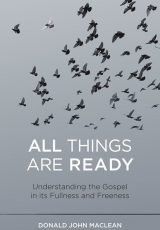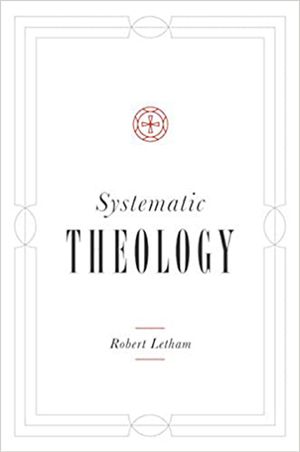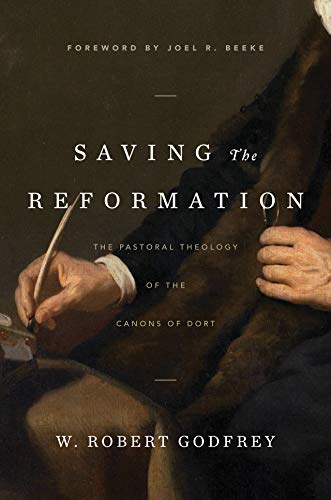This book’s introduction outlines the reason for these two men teaming together in this noble project, one that seeks to recover the practice of catechesis in the church. Their vision ‘assumes the existence of authoritative truth that needs to be taught’ (p11). Every reader concerned about the rise of liberalism and an ‘evangelical’ Christianity without doctrine, will resonate with this book’s analysis, concerns and assessment of a widespread problem. The authors do not underestimate the challenge and they incisively write that there is a ‘resistance to authoritative instruction within the Christian community’ and that too often ‘today’s agenda is learning Bible stories rather than being grounded in truths about the Triune God’ (p11).
The ten chapters of the book argue for the recovery of doctrinal instruction, as something that has practical ramifications for the church. The first chapter ‘Building Believers the Old-Fashioned Way’ contends that catechesis is derived from one of the NT words for teaching, katÄ“cheÅ (Luke 1:3-4, Acts 18:25, for example). Their definition is: ‘Catechesis is the church’s ministry of grounding and growing God’s people in the Gospel and its implications for doctrine, devotion, duty, and delight’ (p29). They helpfully outline that instruction can be for ‘seekers’, for children or baptismal preparation, and the ongoing teaching of believers. The second chapter, ‘Catechesis Is a (Very!) Biblical Idea’, is excellent, in that it spells out for the target audience, evangelical Protestants, that catechesis is not only biblical, but that it is a biblical imperative (p50).
The third chapter is ‘The Waxing and Waning of Catechesis’. The authors comment that ‘within evangelical circles, conservative Presbyterians and other Reformed believers probably represent the only major groups that have regular acquaintance with the notion of catechesis’ (p33). They pinpoint part of the waning of doctrinal instruction in the church to the rise of the Sunday school model for the teaching of children (p71-72). They highlight that Baptists and other denominations would commonly reject reformed catechisms because they taught that the infants of members of the visible church are to be baptised. They propose that catechetical instruction was unfortunately replaced with a form of biblical moralism, one that lacks doctrinal content. This analysis is searching and it is a much needed exposé of a contemporary weakness, one that needs to be addressed within evangelicalism.
Some of the later chapters are perhaps too technical in their handling of this subject and their ecumenical approach, and sympathy with the Roman Catholic Church, most notably in Chapter eight, mars, what is otherwise a much-needed book; one that is highly recommended for ministers, elders and Sunday school teachers.
Kevin Bidwell,
Sheffield




















